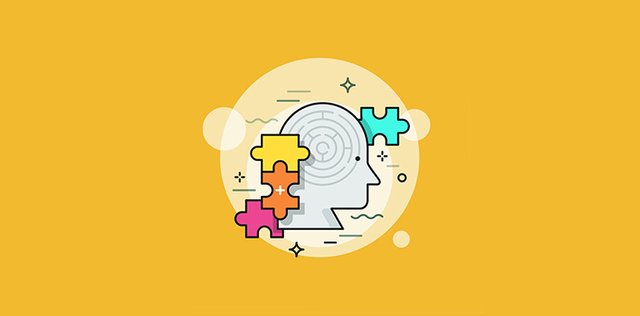Emotional Intelligence: The Key To Positive Emotions
What are the benefits of using positive emotions? Have you ever noticed how you feel differently after an argument with a friend or even during a hectic day at work? These emotional changes may surprise you and make you wonder what is going on in your body. Researchers have spent decades studying how our bodies respond to our thoughts and feelings. Now, they are beginning to study the role of positive emotions in the body's physiological responses.

Most researchers agree that one of the greatest benefits of positive emotions is that they enhance our physical health and well-being. Research so far has focused primarily on the physiological aspects of happiness. According to the widen-and-built theory, positive emotions broad-and-builders our thought processes, thereby allowing them to constructively build social, intellectual, and interpersonal assets. This theory predicts that if you spend your life feeling as though you are always happy, you will live longer, be healthier, have a greater sense of well-being, and be happier in general.
For most people, the emotional part of that equation - being happy - works harder than the physical. Because negative emotions dampen our physical responses, we tend to experience less pleasure. Conversely, positive emotions are positively energizing and increase our sensations. Physical sensations that accompany happiness include:
According to University of Cincinnati psychologist, Dr. John Gottman, these "happy chemicals" act on our bodies through pathways in the brain that are linked with memory and learning. Dr. Gottman likens it to the neurotransmitters that are released when you have a relaxing, pleasurable experience. "If you want to remember something positive, you send chemicals in the memory pathway," he said. Our feelings of happiness and sadness are essentially the same. People who are more emotionally healthy are happier individuals.
According to University of Kentucky's Dr. Edward Latessa, a good communicator is able to influence others through their moods and attitudes. A person with a positive disposition is one who is self-confident, open, and optimistic. The ability to connect with others comes from the desire to make connections and having a capacity for happiness and fulfillment. In his book "The Science of Getting Along," Latessa wrote that we get along better with those who are like us. He goes on to say that negativity is not the best approach to dealing with other people's negativity, but instead we should strive to put ourselves in a positive mood to avoid succumbing to its power.
According to psychologists, we are exposed to so many stressful factors in a typical day that it's hard to eliminate all of the stress-causing negativity. However, if we can harness some of our power to be resilient against outside stressors, we can make ourselves much happier. How do we deal with everyday stress? Do we allow it to stress us out? One way to counteract this is to turn it into something fun and exciting. Stress can actually make us think more positively.
Dr. Joseph Udry of the University of Miami elaborates on how positive emotions and well-being affects our health as well as performance at work. Our bodies release hormones when we are happy or calm. These same hormones also regulate our blood pressure, digestion, sleep cycles as well as our heart rate. Our bodily systems respond very well to positive psychology. This accounts for why people who are employed in a positive work environment or who belong to social groups with high morale exhibit superior performance at work as compared to people who are satisfied with their job and do not have much social interaction. Those who have low levels of stress are also more likely to engage in risky sexual behaviors as well as engage in unhealthy dieting and sedentary lifestyles.

On the flipside, when we are under stress and negative emotions, our bodies release higher levels of cortisol. Cortisol is responsible for keeping our emotions in check, which is what happens during periods of high stress or frustration. It is believed that negative emotions can lead to unhealthy eating habits, negative communication and even addictions.
Congratulations! Your post has been selected as a daily Steemit truffle! It is listed on rank 5 of all contributions awarded today. You can find the TOP DAILY TRUFFLE PICKS HERE.
I upvoted your contribution because to my mind your post is at least 21 SBD worth and should receive 51 votes. It's now up to the lovely Steemit community to make this come true.
I am
TrufflePig, an Artificial Intelligence Bot that helps minnows and content curators using Machine Learning. If you are curious how I select content, you can find an explanation here!Have a nice day and sincerely yours,

TrufflePig